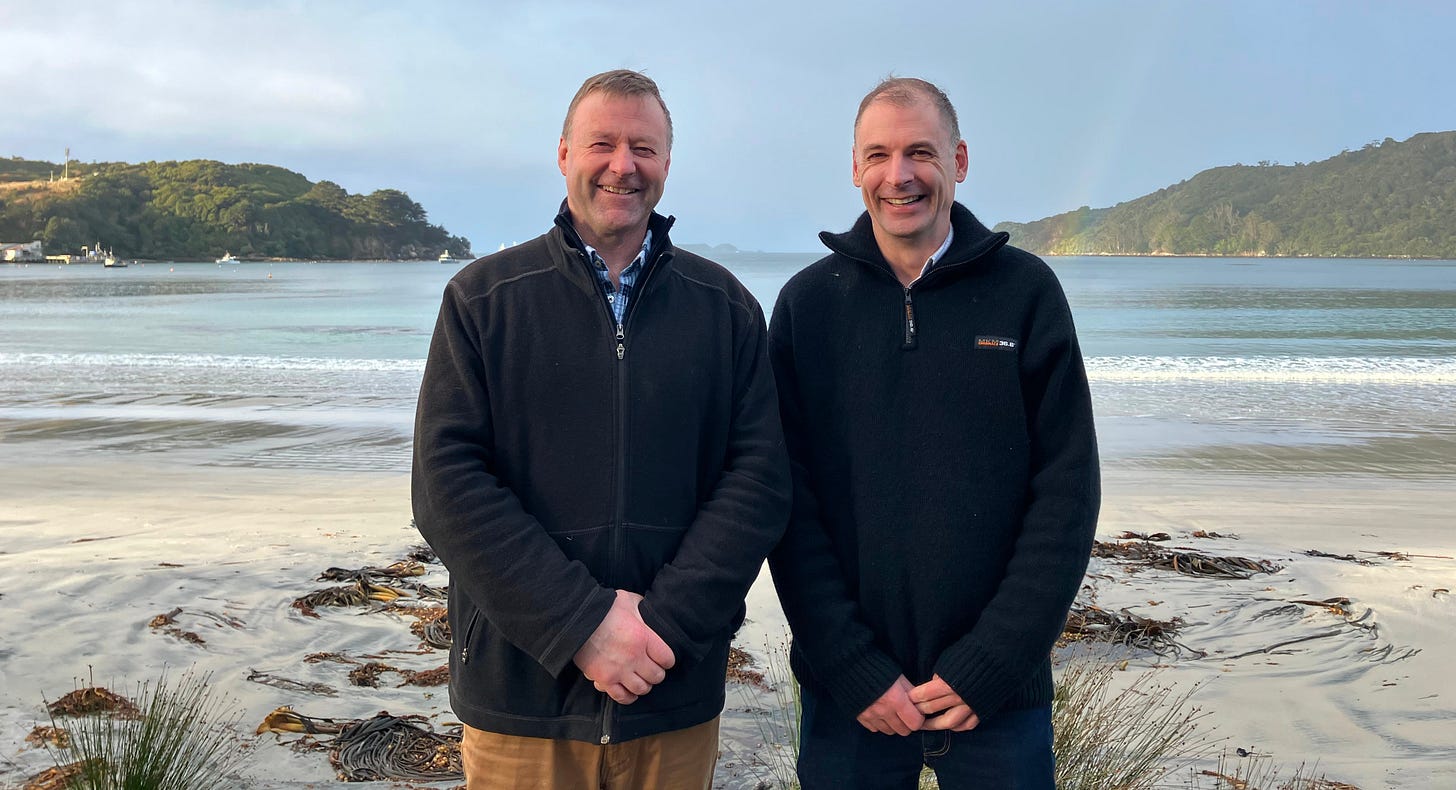$15m loan for Stewart Island solar farm
"The Stewart Island project is expected to reduce diesel consumption by 200,000 litres within two years of beginning. During construction, about 40 high-skilled workers will be required."

Sign up to get each Southland Tribune sent to your email inbox.
The Government is putting up a $15.35m loan to the Southland District Council to help build the first stage of a solar farm and network upgrades at Stewart Island.
The quest is to replace the high-cost, diesel-generated electricity that is in place for the island’s 494 permanent electricity connections.
The Stewart Island project is expected to reduce diesel consumption by 200,000 litres within two years of beginning. During construction, about 40 high-skilled workers will be required.
The more competitive energy cost is tipped to help business growth on the island, including in aquaculture, tourism, and hospitality.
The $15.35m loan is a “sensory loan”, which means it will come into effect when certain conditions are met.
Southland District Mayor Rob Scott was thrilled that a solution has been found to provide cheaper, renewable electricity to consumers on Stewart Island/Rakiura.
Associate Minister of Regional Development Mark Patterson announced the suspensory loan to the Rakiura Energy Solutions project at a public meeting on the island on Tuesday evening.
About 90 people were in the Stewart Island Community Centre to hear the announcement.
The suspensory loan, from the Regional Infrastructure Fund, will enable the construction of a 2 megawatt solar farm and a 4 megawatt battery, as well as upgrades to the electricity supply network.
“Stewart Island is a big jewel in New Zealand’s crown, and electricity prices at 85 cents have got to the point where it is impacting the small resilient community that lives there. This announcement is huge and will have a significantly positive impact, not just on the island but for New Zealand.
“I’m rapt that the government has recognised this and chosen to invest in Rakiura. The community is long overdue for a solution, and I am looking forward to seeing it all unfold.”
The Rakiura Energy Solutions project has been exploring options since 2023 to reduce Stewart Island’s reliance on diesel generators to produce electricity.
The project is being run by Southland District Council and the Stewart Island/Rakiura Community Board, working alongside the Stewart Island Electrical Supply Authority (SIESA) and PowerNet.
Island consumers currently pay 85 cents per kilowatt hour, around 240% more than mainland New Zealanders pay for electricity.
Procurement will take place immediately, with contracts in place by the end of 2025.
It is anticipated that construction and upgrades will begin at the start of 2026, with the project completed and the network integration fully commissioned by the end of 2027.
That loan is part of the $28.1m announced by the Government on Monday for three energy projects throughout the country.
The other projects are in Ongaonga, Hawke’s Bay, and Te Kaha, Bay of Plenty.
Associate Regional Development Minister Mark Patterson said the project should lead to considerable savings for residents.
“The Regional infrastructure Fund is contributing to energy security where communities cannot gain investment from other sources, and there are wider benefits for the communities,” Patterson said.
Invercargill MP Penny Simmonds was delighted the community would benefit from the project both financially and environmentally.
“The island’s high-cost diesel energy generation has had its day – with this new environmentally sustainable supply fantastic for local people and for the many tourists who visit the island,” Simmonds said.
Energy Minister Simon Watts said the projects supported the Coalition Government’s objective of doubling renewable energy generation by 2035, and enabling a more reliable and affordable electricity supply for regional New Zealand.
“Solar power is playing an increasingly important role in increasing electricity generation in New Zealand. It will help us reach our renewable energy targets and bolster the security and affordability of our energy supply,” Watts said.






